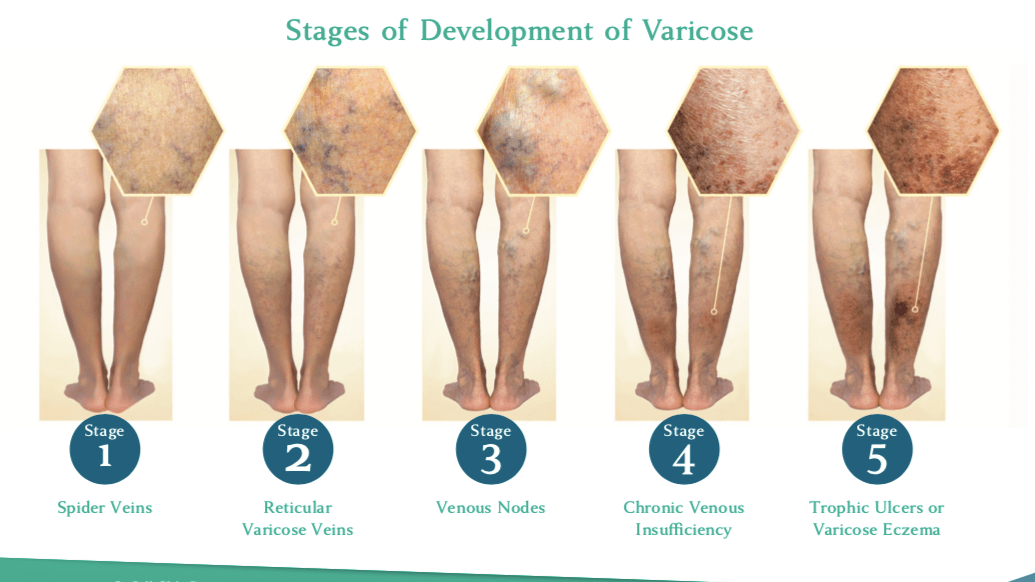
The increase in weakly acidic reflux episode may derive from the relative increase in the percentage of original weakly acidic reflux due to the inhibition of acid reflux or in a considerable part, the transition of the original acid reflux due to pH value shift in the refluxates after PPIs treatment. In contrast, reflux-related cough is caused by weakly acidic (74%), weakly alkaline (17%) and acid (4%) reflux in patients with refractory GERC. It is reported that cough-related reflux consists of acid (65%), weakly acidic (29%) and weakly alkaline (6%) reflux in the GERC patients “off” acid suppressive therapy. Non-acid reflux accounts for 50% and 95% of reflux in the patients with gastroesophageal reflux disease “off” and “on” PPIs, respectively. Non-acid reflux, an important constituent of reflux, includes weakly acidic (refluxate pH = 4-7) and weakly alkaline (refluxate pH > 7) reflux, with 95% belonging to weakly acidic reflux and only 5% belonging to weakly alkaline reflux. However, accumulating evidence does not support a significant role of nocturnal acid breakthrough in the failure of PPIs treatment. Nocturnal acid breakthrough, a phenomenon of gastric pH below 4 for at least 1 h during the night, was also suggested as a cause of the failure to PPIs treatment by promoting gastroesophageal reflux during sleep. For example, the rapid metabolism of PPIs in some patients may result in that the high serum PPIs level can not be achieved for the adequate acid suppression.

In addition to poor compliance such as not taking PPIs in time or at the suitable time, ineffective acid suppression may also be related to the difference in the responsiveness to therapy among patients. The residual acid reflux can continue to elicit cough through microaspiration or esophageal-tracheobronchial reflex. Several studies have shown 4%-17% patients presented with abnormal acid reflux and 7%-11% patients had a positive symptom index as revealed by 24-h esophageal pH monitoring when they were “on” PPIs. Incomplete acid suppression has been documented in patients with persistent symptoms despite the therapy with PPIs at a standard dose. Our preliminary results have shown that refractory GERC accounts for about one third of GERC, and is comparable with the prevalence of refractory gastroesophageal reflux disease. Therefore, nonerosive reflux disease is responsible for the majority of refractory gastroesophageal reflux disease.

Unlike erosive esophagitis, nonerosive reflux disease has basically normal esophageal mucosa under an endoscope and normal or slightly abnormal esophageal acid exposure as indicated by MII-pH, accounts for 70% of gastroesophageal reflux disease and is poorly responsive to PPIs treatment. It is estimated that 10%-40% patients with gastroesophageal reflux disease do not or only partially respond to the standard dose of PPIs. The exact prevalence of refractory GERC is still unclear.

This definition is consistent with the principles recommended in several guidelines for the management of chronic cough as well as the generally accepted definition of refractory gastroesophageal reflux disease. Therefore, we have defined refractory GERC as a condition of chronic cough with the objective evidence of abnormal reflux as demonstrated by multi-channel intraluminal impedance-pH monitoring (MII-pH), and resistant to a 8-wk standard medical anti-reflux treatment but responsive to the subsequent intensified anti-reflux therapy.
Relux definition trial#
A cause-effect association between reflux and cough is more difficult to establish than regurgitation and heartburn, and too long-lasting trial with PPIs may delay the diagnosis and treatment of the other etiologies of chronic cough. As one of extraesophageal symptoms, cough can be caused by many diseases other than GERC. Recently, Sifrim et al proposed that refractory gastroesophageal reflux disease should be defined as the condition in which symptoms (heartburn and/or regurgitation) are not responsive to a stable double dose of PPIs during a treatment period of at least 12 wk and patients continue to report troublesome symptoms while “on” PPIs at least thrice weekly for the last 3 mo.

The generally accepted definition of refractory gastroesophageal reflux disease is the persistent classical reflux-related symptoms such as regurgitation and heartburn despite the treatment with PPIs twice daily for at least 4-8 wk. There is no consensus on the refractory gastroesophageal reflux disease which GERC can refer to.
Relux definition how to#
How to define refractory GERC remains to be controversial.


 0 kommentar(er)
0 kommentar(er)
